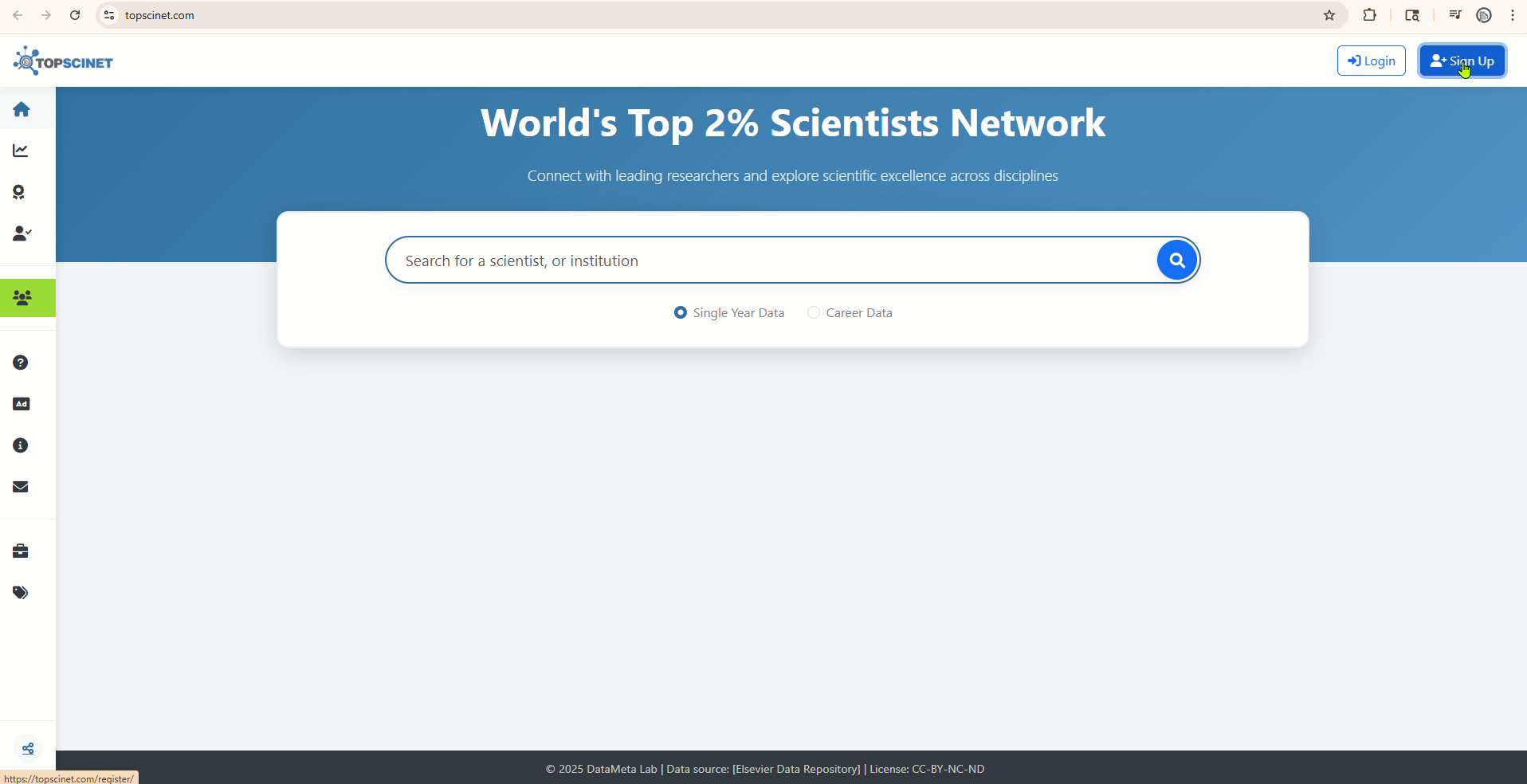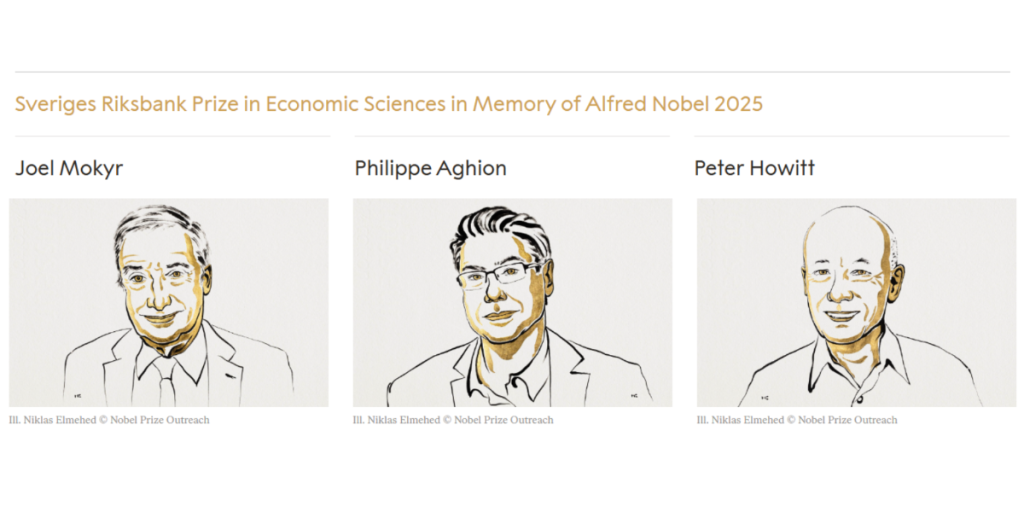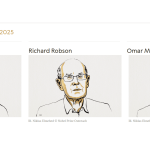For the first time in human history, sustained economic growth has been witnessed over the last two centuries—a remarkable trend that has lifted billions out of poverty and laid the foundation for modern prosperity. This year’s Nobel Prize in Economic Sciences honors three brilliant economists—Joel Mokyr, Philippe Aghion, and Peter Howitt—who have advanced our understanding of how innovation acts as the vital engine powering sustained economic growth.
Innovation as the Driver of Progress
Historically, economic stagnation was the norm. Despite occasional leaps in discoveries or living standards, growth was uneven and often short-lived. The prize laureates show that sustainable growth only became possible when new technologies enter a self-reinforcing cycle, continuously driving progress.
Joel Mokyr’s research emphasizes that innovation requires more than just new inventions; it demands scientific explanations that explain why innovations work. Before the Industrial Revolution, such scientific knowledge was scarce, making it difficult for new discoveries to build upon earlier ones. Mokyr also highlights how openness to new ideas and societal readiness to embrace change are critical prerequisites for innovation-led growth.
Creative Destruction: Balancing Innovation and Disruption
Philippe Aghion and Peter Howitt contributed a mathematical model explaining the mechanism of “creative destruction.” This process describes how new and improved products or technologies inevitably replace old ones, disrupting established companies and industries. While innovation is creative and progressive, it also forces out outdated competitors, creating tension between preserving the status quo and embracing change.
Their work reveals that managing these conflicts constructively is essential. Without mechanisms to support creative destruction, established interests can block innovation, halting progress and risking a return to economic stagnation.
Lessons for Today and Tomorrow
Together, these groundbreaking insights teach us that sustained economic growth is not guaranteed. It depends on a dynamic interplay of technological breakthroughs, scientific knowledge, and societal willingness to adapt. The laureates caution that we must actively uphold the conditions enabling creative destruction to avoid falling back into stagnation.
Their work offers both a historical framework and a policy blueprint, emphasizing the importance of innovation-friendly institutions and flexible markets to foster ongoing prosperity.
About the Laureates
- Joel Mokyr (Northwestern University and Tel Aviv University) explored the historical and scientific foundations of sustained growth.
- Philippe Aghion (Collège de France, INSEAD, and LSE) and Peter Howitt (Brown University) jointly developed the theory of creative destruction, explaining the economic dynamics behind innovation-led growth.
Visit TOPSCINET to explore detailed profiles of the Nobel Prize laureates and learn more about their groundbreaking contributions: https://topscinet.com/nobel/
Conclusion
The Nobel Prize in Economic Sciences 2025 celebrates a profound breakthrough in understanding how new technology drives sustained economic growth. Their pioneering work helps explain one of the great economic transformations in human history and provides vital guidance for maintaining progress in the future.
By fostering innovation, scientific inquiry, and flexible economies, we preserve the powerful engine lifting global living standards and shaping better futures for all.
References:
[1] https://www.nobelprize.org/all-nobel-prizes-2025/
[2] https://www.nobelprize.org/prizes/economic-sciences/2025/summary/
Searchable Database for Top 2% Scientists
Visit TOPSCINET.com
If your name appears in the search results, claim your profile using your institutional email to update your social media links and enhance your online presence.



